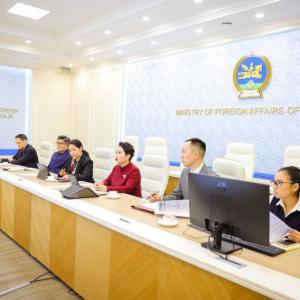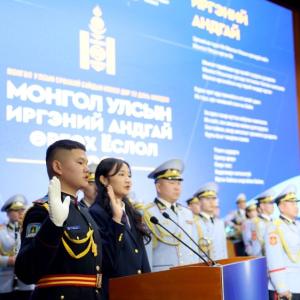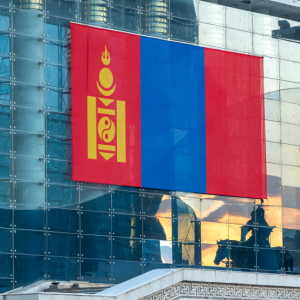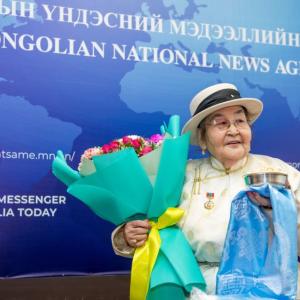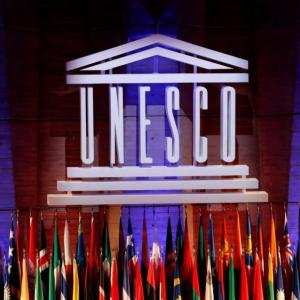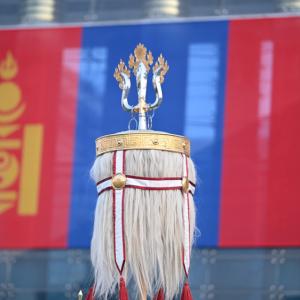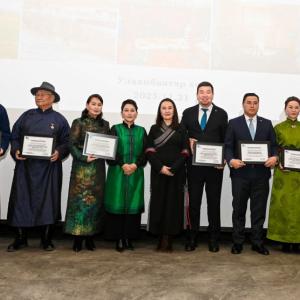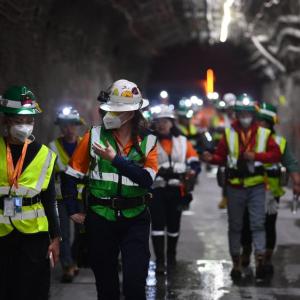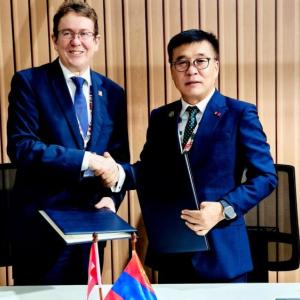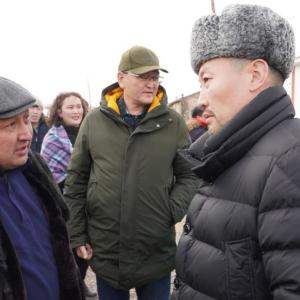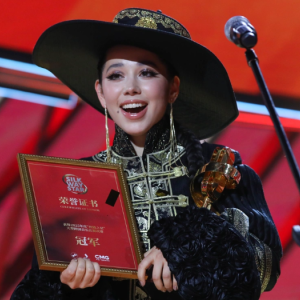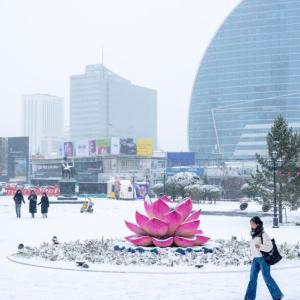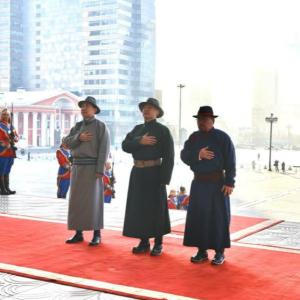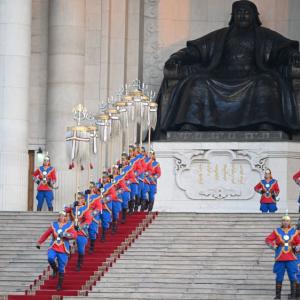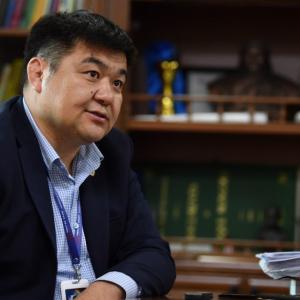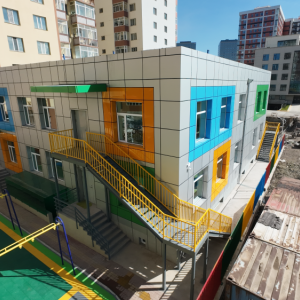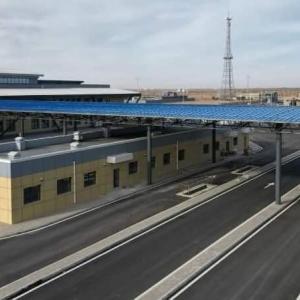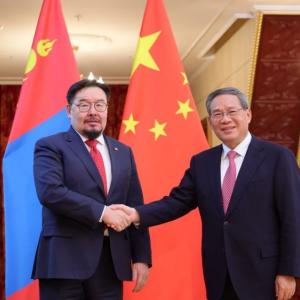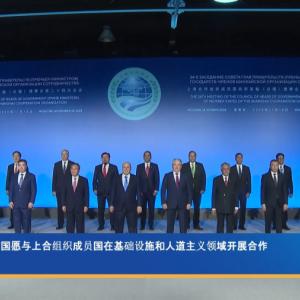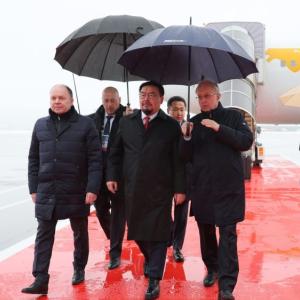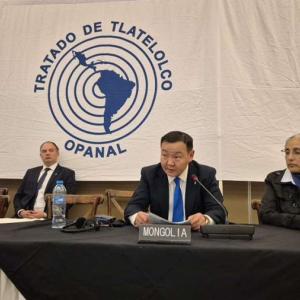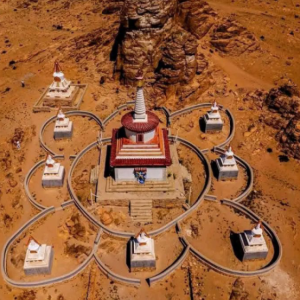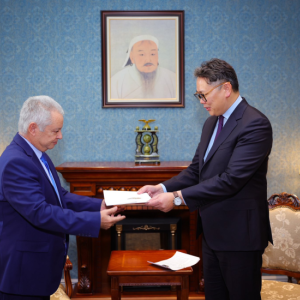Horse racing puts child jockeys in danger
PoliticsUlaanbaatar /MONTSAME/ The “Dunjingarav” horse race has been organized by the government in early Spring since 2008. However, on February 8, 2016 the Labor Minister’s order banned all types of horse racing using child jockeys between 1st November and 1st May each year. The order also banned the involvement of children in any tasks related to training or breeding horses outside that period.
In spite of this order, the “Dunjingarav” horse race went ahead last Spring on March 2 by a governmental decree. And there are now reports that the competition has been approved for early March again this year, two months before the Winter/Spring ban is lifted.
National and international child rights organizations have collectively expressed their strong opposition to illegal horse race in early Spring, involving children as child jockeys. They include the National Network to Eliminate the Worst Forms of Child Labor, National Network for Child Protection, Institute of Training and Research for Child Rights, National Civil Society Coalition, ECPAT Mongolia Network as well as Save the Children, World Vision and NLM.
They are concerned that racing in early Spring means that child jockeys are training in extreme winter temperatures, greatly increasing their risk of accidents and injuries, and exposures to dangers, jeopardizing the children’s well-being and raising education-related issues.
They stress that child jockeys are at greatest risk of being hurt when horses race in the wild, in the extremely cold and at their highest speed as in the planned “Dunjingarav” race.
In the last five years, over 1500 child jockeys were injured during training and racing, leaving many children disabled for the rest of their lives. More than ten children died.
Horse racing is part of the cultural heritage of Mongolians, but horse racing in winter and spring has never been part of traditional Mongolian culture. A review of 381 files on Naadam events (between 1803 and 1920) held by the National Central Archive found evidence that Danshig Naadam (the State Naadam) was celebrated only between the months of May and August each year.
“The use of minors as jockeys in Winter and Spring must be seen as hazardous child labor and possible exploitation. It has negative effects on children’s education. It puts their lives and health in danger and it is a serious breach of their rights as children” said a spokesperson for the collective.
“Therefore, we appeal to the Government of Mongolia and to city and provincial Governors to continue to ban Spring horse racing involving child jockeys and enforce “the list of jobs prohibited for underage children” that was renewed by Resolution A/36 by the Minister of Labor on 8th February 2016.
“We also appeal to journalists and media institutions to be the voice of these children and speak out for their safety and well-being.”
Save the Children Japan, Mongolia Office
 Ulaanbaatar
Ulaanbaatar














